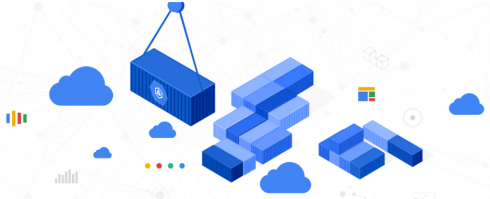
Kubernetes has seen a lot of adoption since Google first open-sourced it in 2014, but despite the suite of tools surrounding it, many organizations still feel overwhelmed at the thought of running Kubernetes on their own. Many companies turn to managed Kubernetes services for assistance, such as the Google Kubernetes Engine (GKE).
In order to better suit the needs of companies, Google Cloud has announced GKE Advanced, introducing enterprise-grade controls, automation, and flexibility to the solution. GKE Advanced will be released in Q2 with a free trial. As part of this announcement, Google Cloud noted that it will begin referring to the existing GKE solution as GKE Standard.
According to Google, key features of GKE Advanced include:
- 99.95% uptime
- Simplified automation: GKE Advanced introduces two new features to make scaling Kubernetes clusters easier:
- Vertical Pod Autoscaler, which keeps an eye on resource utilization and adjusts CPU and RAM accordingly to stabilize workloads.
- Node Auto Provisioning, which optimizes cluster resources
- Additional layers of defense: There is a new sandbox that adds a secondary layer of defense for pods.
- Software supply-chain security: Binary Authentication requires containers to be signed by trusted authorities during the build and test process. “By enforcing that only verified images are integrated into the build-and-release process, you gain tighter control over your container environment,” Google explained in a post.
- Serverless computing: Cloud Run on GKE automatically scales to provide a consistent experience for deploying and running stateless services.
- GKE usage metering provides a break down of which clusters are using which resources.
“With the addition of advanced autoscaling and security, support for serverless workloads, enhanced usage reporting—all backed financially by an SLA, GKE Advanced gives you the tools and confidence you need to build the most demanding production applications on top of our managed Kubernetes service,” Google wrote.








